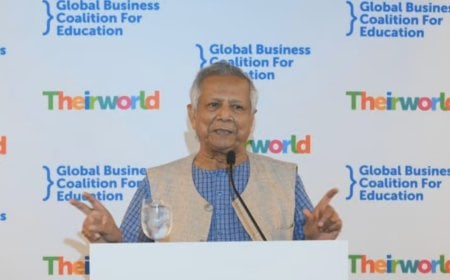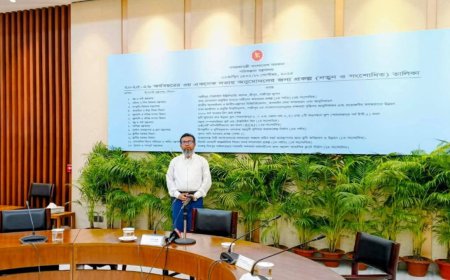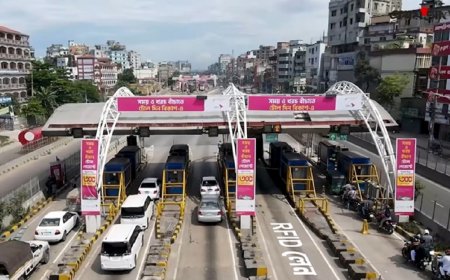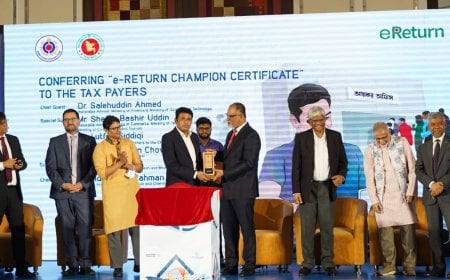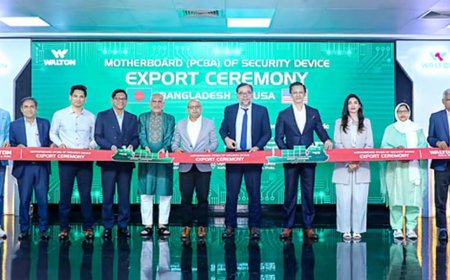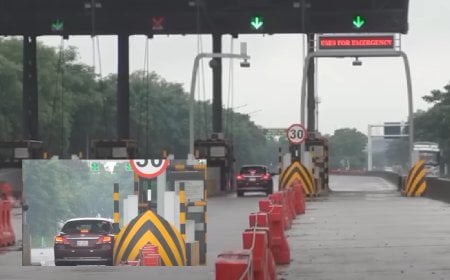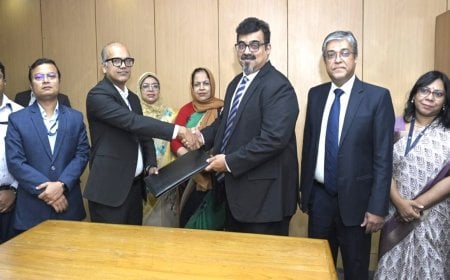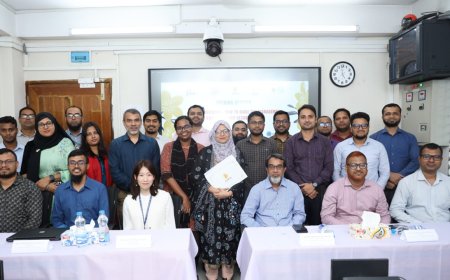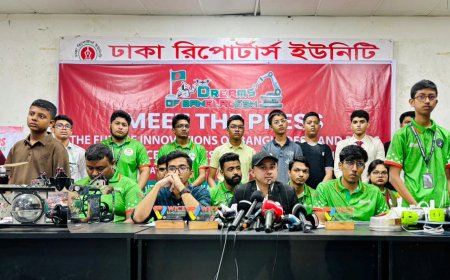Digital Deficit Deters Land Services
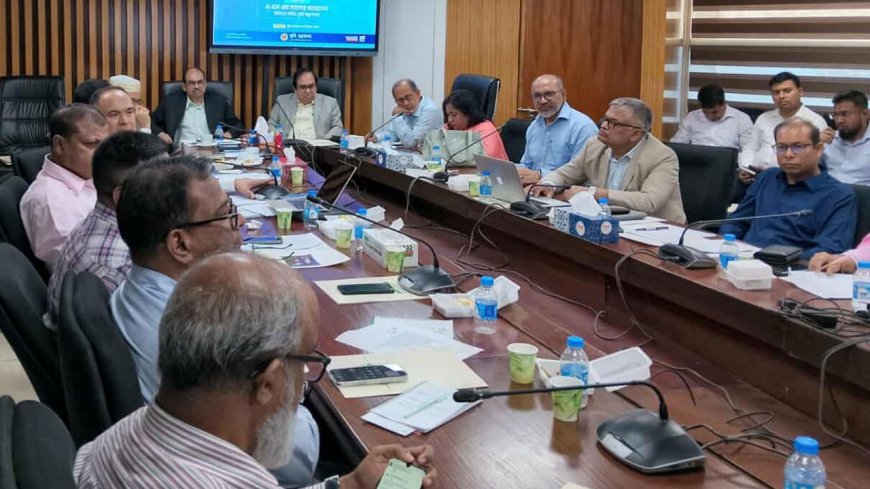
The senior secretary of the Ministry of Land, A.S.M. Saleh Ahmed, has said that the lack of digital skills and awareness among rural populations poses a major challenge to the digital transformation of land services. Expressing optimism, he added that ongoing initiatives to establish land service support centers at the union level will soon overcome this hurdle.
He made these remarks while presiding over a workshop titled “Review, Challenges and Recommendations of Enhanced Software Operations” under the Land Management Automation Project, held on Saturday, September 20, at the conference hall of the Land Ministry in Dhaka.
The event was attended by A.J.M. Salahuddin Nagri, chairman (secretary) of the Land Reform Board; Dr. Mahmud Hasan, chairman (secretary) of the Land Appeal Board; Md. Saidur Rahman, director general of the Land Record and Survey Department; along with additional secretaries of the Land Ministry and other officials.
Addressing the participants, the senior secretary noted, “Land management in Bangladesh has traditionally been paper-based and time-consuming. To make citizen services easier, faster, and more transparent, the government has introduced several software solutions as part of the digital transformation. These systems are bringing radical change to the way land services are delivered.”
A.S.M. Saleh Ahmed emphasized, “The lack of digital skills and awareness in rural areas is a major challenge in the digital transformation of land services. To address these issues, the establishment of land service support centers at the union level is underway. At the same time, efforts are being made to strengthen server and internet facilities, ensure backup systems, and conduct regular monitoring of officials and staff. Continuous updates and reforms are also being carried out based on citizens’ feedback.”
He further stated, “The Land Management Automation Project is a groundbreaking step toward improving land services in Bangladesh. The use of advanced software is increasing transparency, accountability, and efficiency in service delivery. This initiative will take the country one step further.”
The workshop reviewed 27 agenda items, and important decisions were made on several issues of significant public interest.
